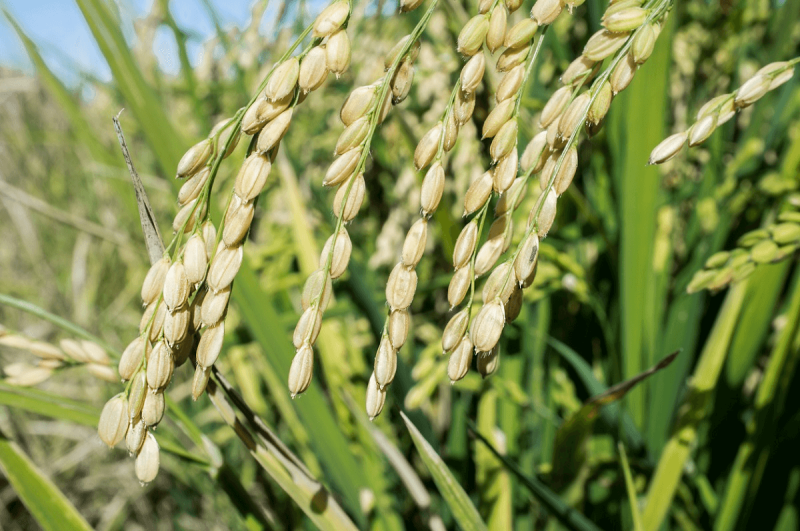Can gene-editing technology CRISPR create new crops that help fight climate change as they grow? That’s what a group of researchers hopes to do with $11 million in funding from the Chan Zuckerberg Initiative. The funding will go toward efforts to enhance plants — starting with rice — and soil so that they’re better at trapping carbon dioxide. The effort, which was announced last week, is being led by the Innovative Genomics Institute, which was founded by Nobel laureate and co-inventor of CRISPR Jennifer Doudna.
“[Jennifer] and I saw eye to eye on climate and how big of a problem it is in the world. And we just didn’t want to sit on the sidelines anymore,” says Innovative Genomics Institute (IGI) executive director Brad Ringeisen.
The rice genome is easier to manipulate than other crops, according to Ringeisen, in part because it’s already been studied a lot and is well understood. One of the scientists involved in IGI’s initiative is Pamela Ronald, whose research is widely known for leading to the development of rice varieties that tolerate flooding for much longer than other types using a different type of genetic engineering that’s more like precision breeding. That rice is now grown by more than 6 million farmers across India and Bangladesh, according to Ronald’s laboratory at the University of California, Davis.































